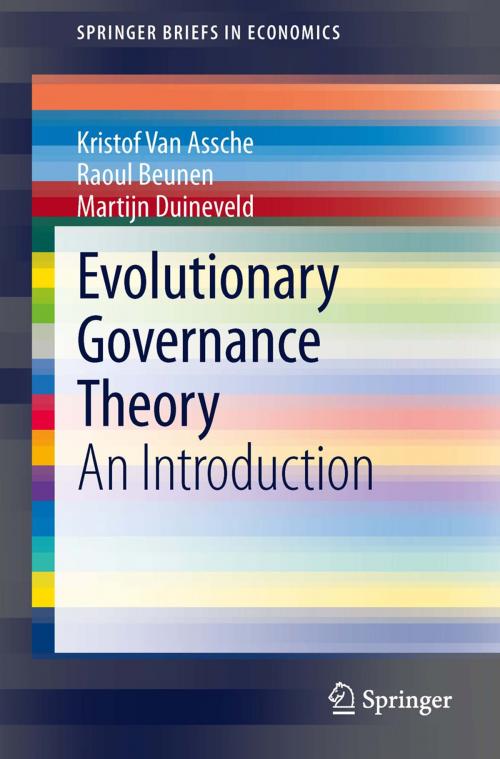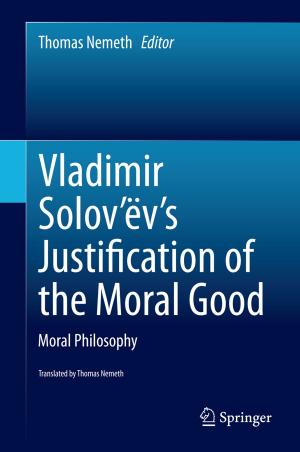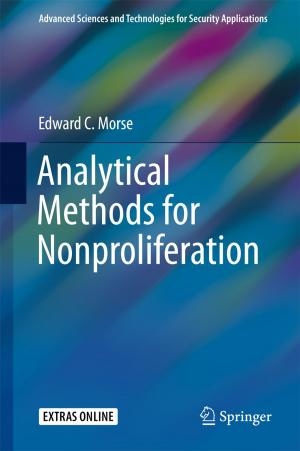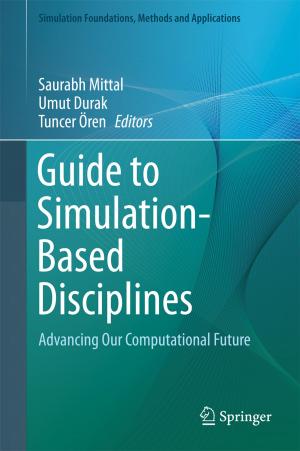Evolutionary Governance Theory
An Introduction
Business & Finance, Economics, Public Finance, Nonfiction, Social & Cultural Studies, Political Science, Politics, Economic Conditions| Author: | Raoul Beunen, Martijn Duineveld, Kristof van Assche | ISBN: | 9783319009841 |
| Publisher: | Springer International Publishing | Publication: | July 26, 2013 |
| Imprint: | Springer | Language: | English |
| Author: | Raoul Beunen, Martijn Duineveld, Kristof van Assche |
| ISBN: | 9783319009841 |
| Publisher: | Springer International Publishing |
| Publication: | July 26, 2013 |
| Imprint: | Springer |
| Language: | English |
This short books offers the reader a remarkable new perspective on the way markets, laws and societies evolve together. It can be of use to anyone interested in development, market and public sector reform, public administration, politics & law. Based on a wide variety of case studies on three continents and a variety of conceptual sources, the authors develop a theory that clarifies the nature and functioning of dependencies that mark governance evolutions. This in turn delineates in an entirely new manner the spaces open for policy experiment. As such, it offers a new mapping of the middle ground between libertarianism and social engineering. Theoretically, the approach draws on a wide array of sources: institutional & development economics, systems theories, post-structuralism, actor- network theories, planning theory and legal studies.
This short books offers the reader a remarkable new perspective on the way markets, laws and societies evolve together. It can be of use to anyone interested in development, market and public sector reform, public administration, politics & law. Based on a wide variety of case studies on three continents and a variety of conceptual sources, the authors develop a theory that clarifies the nature and functioning of dependencies that mark governance evolutions. This in turn delineates in an entirely new manner the spaces open for policy experiment. As such, it offers a new mapping of the middle ground between libertarianism and social engineering. Theoretically, the approach draws on a wide array of sources: institutional & development economics, systems theories, post-structuralism, actor- network theories, planning theory and legal studies.















